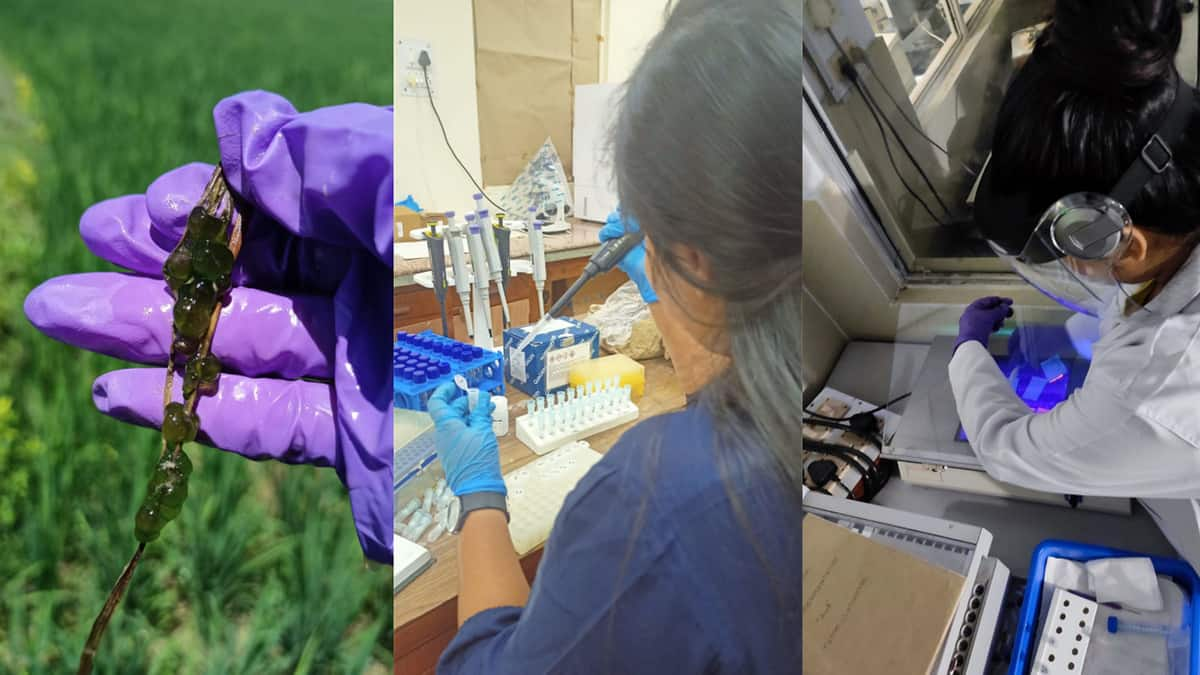Biodiversity Conservation: BHU identifies nine novel species of cyanobacteria from four states
Suviral Shukla | January 22, 2025 | 06:41 PM IST | 2 mins read
Seven of the new cyanobacterial species were discovered from Northeast India’s Tripura, Nagaland and Assam.

NEW DELHI: Banaras Hindu University (BHU) has identified nine novel species of cyanobacteria from Tripura, Nagaland, Assam, and Madhya Pradesh. The university researchers-led discovery “will not only help in understanding microbial diversity but also stress the need for biodiversity conservation in the face of escalating climate change”, an official statement said.
The researchers at BHU conducted an analysis, led by Prashant Singh, assistant professor in the department of botany, which focused on unexplored habitats in two ecologically significant regions, the university said.
The discovery of the nine novel cyanobacterial species not only adds to the growing catalog of India's natural wealth but also strengthens the case for increased investment in biodiversity research and conservation, the university said.
“Seven of the new cyanobacterial species were discovered in the biodiversity hotspots of Northeast India from the states of Tripura, Nagaland and Assam which are renowned for their unexplored flora and fauna. The remaining two species were identified from the Pachmarhi Biosphere Reserve, a UNESCO-recognized site in Madhya Pradesh known for its unique ecosystems,” the university said.
Sagarika Pal, senior research fellow in Singh’s lab, said: “This discovery was only possible through the collective effort and unrelenting curiosity of our team. The inclusion of young researchers enriched the study with fresh perspectives and energy.”
Also read IIT Roorkee transfers biomass fuel production technology to private agriculture company
BHU discovery on biodiversity conservation: Highlights
The findings mark an addition in classifying India's microbial diversity and hold significance against the “backdrop of global biodiversity” loss driven by climate change and habitat destruction, the university added.
Out of the 13 authors involved in the discovery, seven were internship, dissertation students. Their involvement shows the importance of mentorship and hands-on training in nurturing the next generation of scientists, it said.
The university explained by saying that as climate change continues to accelerate biodiversity loss, studies like this serve as “both a beacon of hope and a call to action”.
“The discovery highlights the importance of preserving lesser-known life forms that play indispensable roles in maintaining the balance of our planet's ecosystems,” the university said.
Follow us for the latest education news on colleges and universities, admission, courses, exams, research, education policies, study abroad and more..
To get in touch, write to us at news@careers360.com.